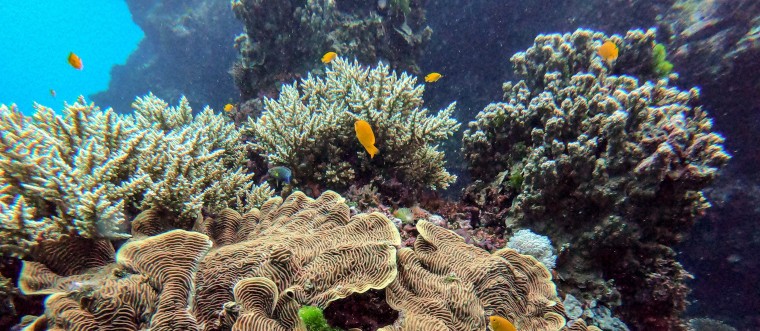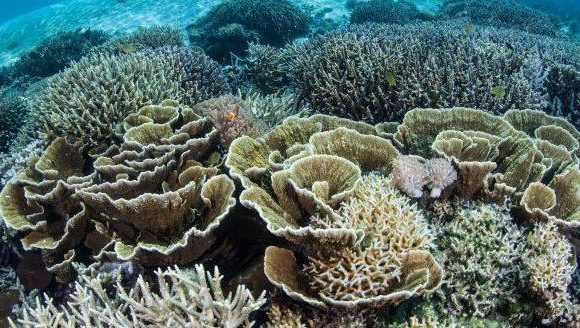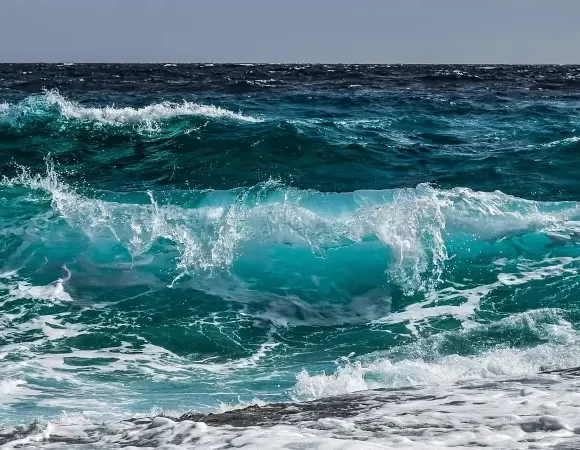The Most Extensive Coral Bleaching Is Threatening the Great Barrier Reef

It is the largest coral reef system in the world and probably the most beautiful that anyone will ever see underwater. But the Great Barrier Reef in Australia is now being threatened by another major coral bleaching, the third in just a span of five years due to heat stress buildup surrounding this area.
Coral bleaching is a phenomenon where corals release symbiotic algae living in their tissues due to stress caused by changes in light, temperature or nutrients. This results in the corals turning completely white. Although corals are known to recover if the stress is not severe, prolonged algae loss eventually results to death.
The Great Barrier Reef is no stranger to coral bleaching, as it experienced several minor events since 1980. But the two most widespread coral bleaching events occurred in 1998 and 2002 where 42% and 54% of reefs bleached.
The same events have also occurred in different parts of the world including Hawaii, Japan and the Indian Ocean. This time, however, scientists from the National Oceanic and Atmospheric Administration predict that the World Heritage Site could suffer its most devastating coral bleaching yet.
Warm temperature is the major cause of coral bleaching and heat stress is already starting to build up across the Great Barrier Reef causing pockets of coral bleaching in areas like parts of Cooktown, Lizard Island and Heron Island.
Scientists predict that if temperatures will not drop within the next two weeks, a major widespread event could take place in the 2,300-kilometre reef system.
In a brief by Dr. William Skirving of Noaa’s Coral Reef Watch, he said: “We are pretty confident that it’s likely there will be bleaching right up and down the reef and you will find very few reefs that don’t have some bleaching.”
He is positive, however, that the extent of damage may not be as worse as other major coral bleaching events: “I’m expecting a bit of mortality but I don’t think this will get to the levels where we have seen large-scale mortality.”
The Great Barrier Reef Marine Park that protects a large part of the reef is keeping a close eye on temperature changes in the reef system, especially since heat stress as beginning to spread in the central and southern parts of the reef where there are many tourists.
With Sea surface temperatures already 1.5C above average, any increase in temperatures within the month could start a major bleaching event across the Great Barrier Reef.
Professor Terry Hughes, the director of the ARC Centre of Excellence for Coral Reef Studies at James Cook University said: “We are worried about the level of heat that’s out there now, with four weeks still to go until we get the peak of summer temperatures. That’s usually around mid-March.”
These alarming predictions are finally catching the attention of the government and reef-safe climate policies are being recommended to help save the Great Barrier Reef.
In fact, the World Heritage Committee will review the status of the reef in a meeting in China in June to determine if it needs to be placed on the “in danger” list.
Sources:
The Guardian – Great Barrier Reef could face ‘most extensive coral bleaching ever’, scientists say
Read more about coral bleaching
Read about ocean acidification and climate change















